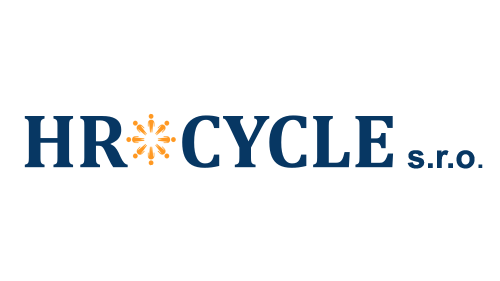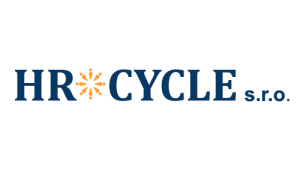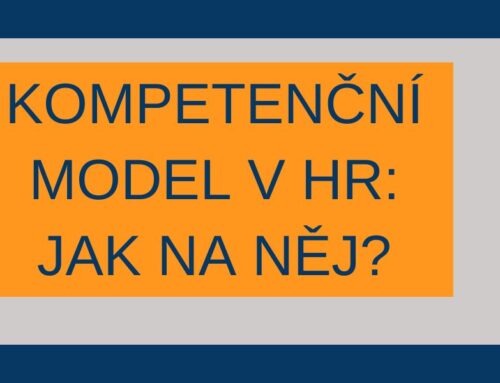The next stage in the employee life cycle is retention. Let's imagine a few sentences that represent the thinking in companies. However, rather than retention, they stimulate departures. Erase them from your mind, allow yourself to have engaged and satisfied employees who do not look for another job opportunity elsewhere during their lunch break.
"Paul wants to leave, let´s give him that payrise!"
Ask yourself: Would a payrise really convince you to stay when you are already determined to leave the company?
It's too late at this stage. Loyalty towards the company is low, even if Pavel accepts your offer, you cannot be sure of him in the future either. Certainly, this decision was preceded by a lot of small and big stimuli where the company disappointed Pavel rather than showing him that they value him.
How to fix this?
Monitor the market and salary policy in general together with the HR department. If you are below the job market, see if and what salary adjustment you can do in the company and try to figure out under what conditions they can achieve a salary increase.
"We'd rather not tell them this, we'll wait how things work out."
Avoid those whispers in the kitchen about whether it's really true that they're firing the entire department because of a bad quarter. People don't need to show complex graphs with exact numbers. People want to know the direction of the company and how they contribute to the fulfillment of the vision and mission, which should be well engraved in the company.
How to fix this?
If, for example, the company did not do well this quarter, create space for discussion and suggestions on how to improve some things in the future. Create a work environment where people can voice their concerns, be empathetic. Rather than focusing on the problem, in this case a bad quarter, focus on how you can correct this situation in the future and how your people can help you with this. Listen to the suggestions of others and do not resist changes of procedures. Then you can delegating what you agreed on and start working on the issue.
Don't let the people who move your business forward leave your company just because you don't have time for them or you consider their good performance to be the standard.
"I don't have time for 1:1 meetings, I know how everyone in my team is doing."
We also show what lack of time for your employees can cause in our previous article regarding onboarding: (point no. 2). In short, if you don't spend time with your people, there is always a risk of leaving. Therefore, make people management your priority.
How to fix this?
Pay attention to your team and people, build their development, ask what fulfills them at work, what could change and how to achieve business goals with the help of the person in question.
Give both positive (if you are satisfied with the employee's work/approach) and constructive feedback (where the goal is to achieve a desired goal in the future through strategic steps, the goal is not to criticize the employee). Give a chance and promote people with good results and passion for the company's vision.
"Michaela has made a big mistake, we will reduce her bonus."
Punishment as a push for better performance! That is also not the way to go forward. So what pays off more than a thinner paycheck? Always ask the question "How can I learn from this for the future?". More than once a mistake has led to process improvement and thus eased the workload, take certain mistakes as an opportunity to move and develop, a space for learning new things.
How to fix this?
Adjust processes, automate some steps, and erase some steps if needed as well. If mistakes still appear, then consider whether your people are overworked or if they are not better suited for another position in the company. It probably goes without saying that communication is the key to solving many problems.
"But that's how it's always been, why change it?"
This approach is practically a recipe for being left behind and giving your competition a chance to be more successful in the market. Don't resist process changes and innovations that will help you being better than your competition on the market. Encourage the creative thinking of the team. Just because something worked well 10 years ago doesn't mean it still works today. Technology and, in general, how we work and what we need to fulfill our work changes over time. Those who welcome change and adapt to the needs of both customers and employees will succeed in the market.
How to fix this?
If you identify a change and start working on its implementation, don't forget to inform your team and company again why this change is happening and how it will benefit them and you as a company. Don't be put off by initial resistance to change. Give people time.
In this article, we mention a lot questions that start with the words“Why…?” and “How…?”. If you know the answer to these questions, you can prevent the unnecessary early departure of an employee and at the same time maintain your competitiveness.
And what it is like at your company? Have you heard any of these phrases before? If you need help with retention or implementation of new HR practices or processes in your company, don't hesitate to contact us, we're here for you!







